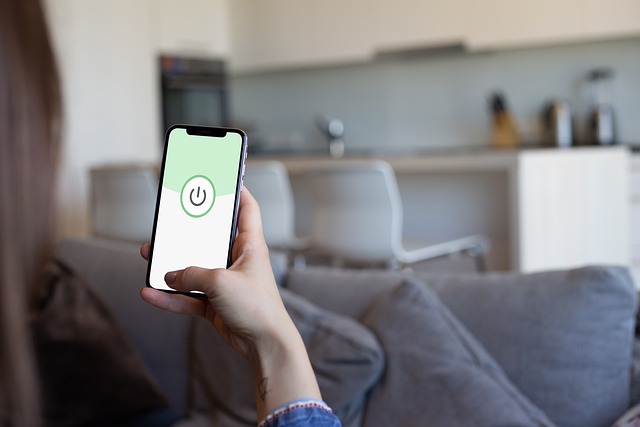Cybercriminals can invade a smart home. Here’s how

People adore smart devices but are unconcerned about their security
What if “Home Alone” had been released in theaters today? Instead of peering through the doorway, Kevin would most likely use his smartphone to monitor the house via smart cameras. In addition, instead of glass marbles, he could use a robot vacuum to attack the robbers.
According to a new study conducted by the virtual private network provider NordVPN, 88 percent of users own smart home devices. Wi-Fi routers or internet hubs (63.7 percent), smart TVs (57.1 percent), game consoles (36%), and smart speakers are the most popular (28.2 percent ). It’s concerning that, according to the study, less than half of people adequately protect their devices, making them an easy target for hackers.
Comfort vs. risk: a perilous trade-off
IoT devices, by definition, collect and transmit data. This could be done securely and for a specific purpose, such as sending an encrypted message instructing your heating system to turn off. However, it may also be leaky, either through poor encryption (or none at all) or by leaking extra information.
For example, an internet-connected camera on your front door may notify you when a visitor arrives, but if someone else is watching, it may also reveal when the house is empty or when children are at home alone. A lawsuit was filed against Amazon in 2020 after dozens of Amazon Rings were hacked.
Who bears responsibility for security flaws?
According to NordVPN’s research, 41.4 percent of users believe that manufacturers should be held accountable for the safety of the devices they create, while 55.9 percent believe that this is their own responsibility.
NordVPN’s Daniel Markuson, a digital privacy expert, holds both parties accountable: “According to the research, the more devices people own, the more vulnerable they are.” “While manufacturers must accept responsibility for the safety of their products, users also play an important role in their own cybersecurity,” Markuson says.
The expert also discusses what consumers can do to protect themselves. Before purchasing a smart home, owners should investigate the privacy concerns associated with the devices. Strong passwords, as well as keeping devices up to date, can aid in the security of smart devices.
A VPN (virtual private network) is probably the most straightforward and secure way to protect yourself from cyber attacks. Installing a VPN on a Wi-Fi router encrypts the entire smart home network. A VPN on a router protects every device that connects to it from snoopers and data theft.







